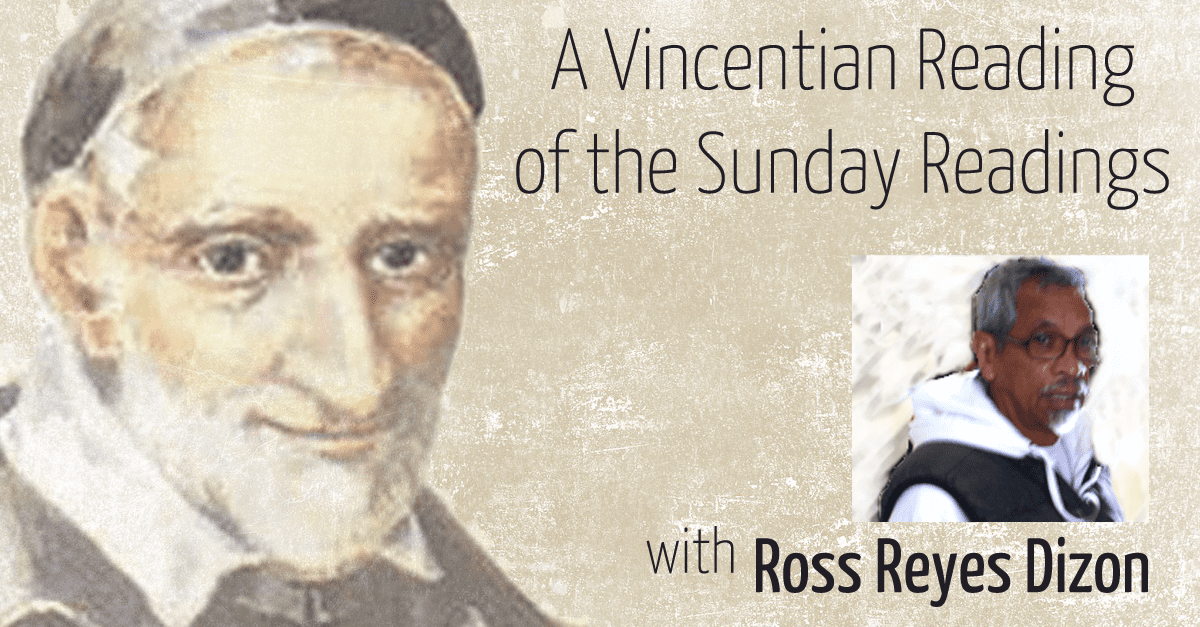Guests at the Kingly Wedding Feast
Jesus is the fullness of God’s revelation. And so through him, we get to know fully that God wants us all to be his pleasing guests.
As it turns out, those who are to be the guests at the start are not worthy. And that is why the king thinks it fit to turn into guests those who are on the crossroads.
We, of course, say that those who are to be the guests at the start stand for God’s chosen people. And the guests that come from the crossroads refer to the Christian community. It sees itself as the new people of God.
And those that make up this community are Jews that lack schooling. They are rough, rude, crude, ignorant. Not a few Gentiles, besides, join this “people of the earth.” So, the banquet is for everyone. Just as the feast of rich food and choice wines that the prophet Isaiah promises is for all peoples.
And we are, no doubt, happy that we are among God’s guests. But we cannot stop there. It is better that we take heed of the whole story, so that we grasp the lesson fully.
The full lesson for the guests
Part of the full lesson is that we Christians should not do as those whom God wants to be the guests at the start. They turn him down and do not prove to be worthy. Nor should we boast that we are the new Israel. For in the first place, it is not up to us or to our will or effort, but up to God’s mercy (Rom 9, 16). Some of the branches, yes, are broken off and we are grafted in their place (Rom 11, 17). But just the same, we who are the shoot of a wild olive do not hold up the root. Instead, the root holds us up (Rom 11, 18).
In the second place, God expects us who come from the crossroads to wear wedding garments. To do so means to empty ourselves of ourselves to put on Jesus Christ (SV.EN XI:311). That is to say, to empty ourselves of all selfishness that makes us less human. And to put on heartfelt mercy, kindness, humility, gentleness and patience (Col 3, 12).
And those who so empty themselves and put on Jesus Christ are truly human and not animals (SV.EN XII:222). When they eat, then, they are not like animals who only want to have their fill. Animals growl and even bite to drive others away.
But those who are as human as Jesus seek communion. And so, they make others more human, for they even give them their flesh to eat and their blood to drink. They know how to live, then, as humans should, in need and in plenty, and to leave God for God (SV.EN IX:252).
Lord Jesus, grant to us, your guests, to watch closely what you have ready for us. In that way, we will know how to ready for you, in turn, the same kind of meal (St. Augustine).
11 October 2020
28th Sunday in O.T. (A)
Is 25, 6-10a; Phil 4, 1-14. 19-20; Mt 22, 1-14







0 Comments